One of the things that make the United States special is its diverse and varied linguistic background. You might think people speak the same English you and I know, but that’s not actually the case. The number of different accents spoken in the US and the degree of lexical variation are just fascinating. Language variation is probably one of the most exciting stuff that linguists concern themselves with, especially regarding American English. It highlights the unique ways that people choose to communicate and make themselves understood. Joshua Katz, a Ph.D. student of statistics at North Carolina State University, took on the job of mapping the linguistic variation of the US and published them in a book he titled Speaking American. Here are some of the coolest maps from his collection.
1.
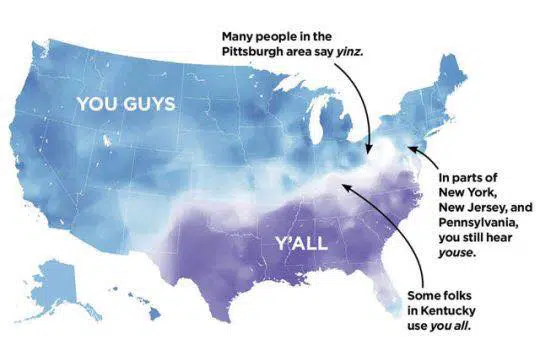
2.
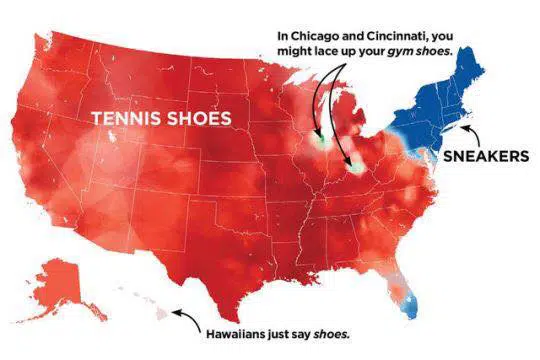
Linguistic differences are common all over the world and they are inevitable. These differences can be categorized by linguists and language experts into the following categories: accents that people use (phonology) in American English, words and phrases (lexicon), and the structure of their speech (grammar).
3.
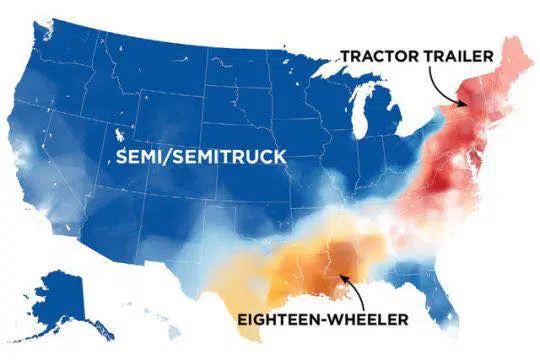
4.
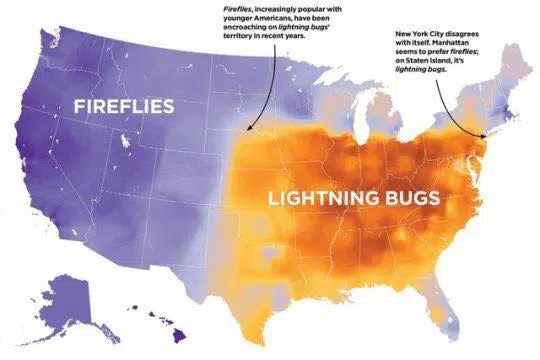
5.
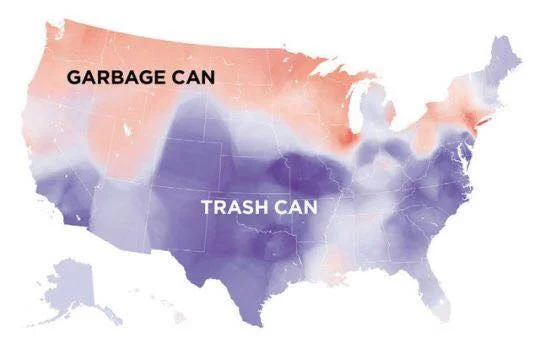
The two main causes of these differences are either geographical location or proximity and social factors. Usually, because of the lack of proximity and contact between the people of a certain country or place, people in different areas will develop different ways of communicating, and the greater the distance the greater the differences. That’s why some language groups have very striking similarities to the point of being mutually intelligible. Such is the case of Spanish and Portuguese or Dutch and German. Speakers of one language can understand each other quite easily.
Because the United States spans a great geographical area, regional accents and other aspects of American English variation are to be expected. This stands to show that English isn’t just one language, but rather a melting-pot of different varieties that are as varied as the people that speak them. Most often than not, there will be phrases, sometimes sayings, that are incomprehensible to people from different parts of the country. “He’s as drunk as Cooter Brown is a Southern” is a metaphor that’s unheard of in the west. And in the Midwest, you have the multipurpose “You betcha.”
6.
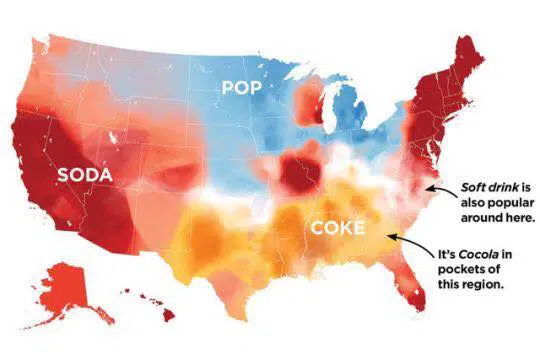
7.
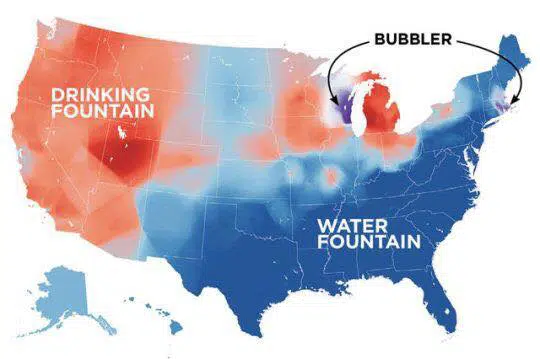
8.
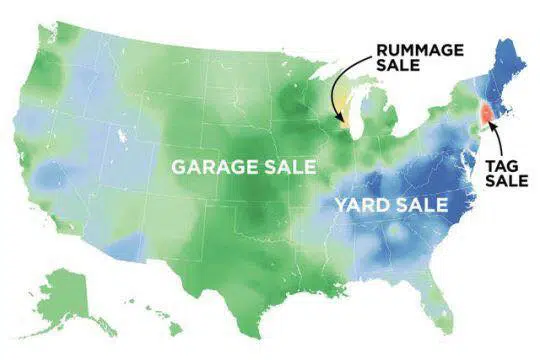
9.
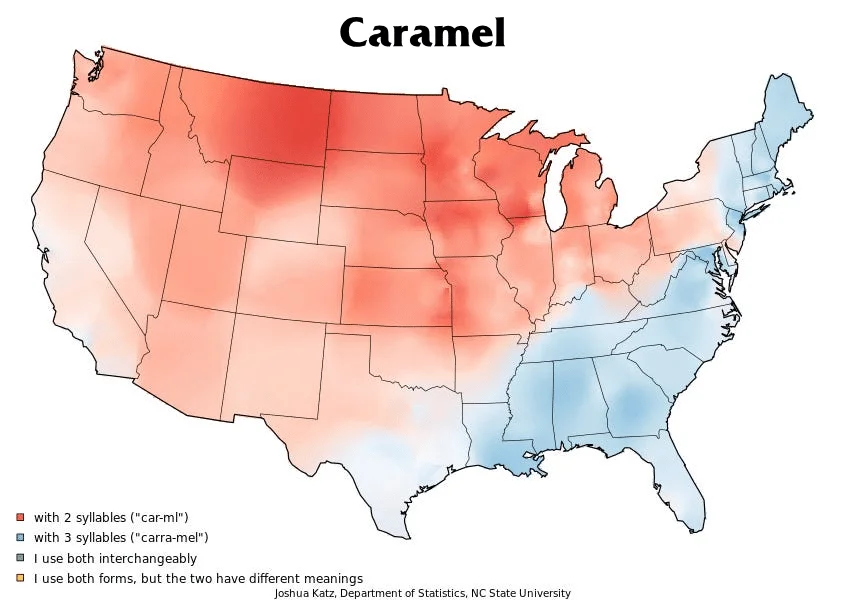
The pronunciation of “caramel” starts disregarding vowels once you go west of the Ohio River, demonstrating yet another interesting aspect of American English.
10.
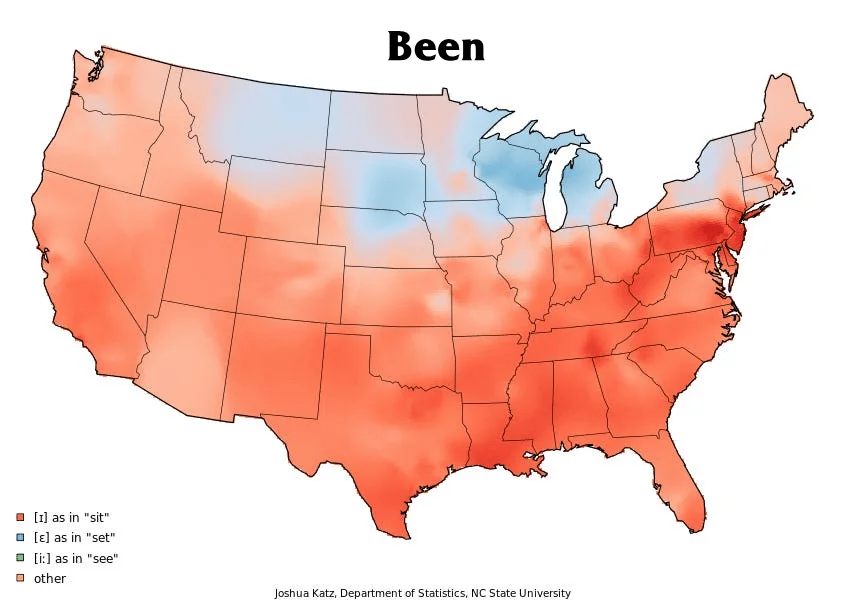
Residents of the far north have an oddly Canadian way of pronouncing “been,” which is a unique feature of American English.
11.
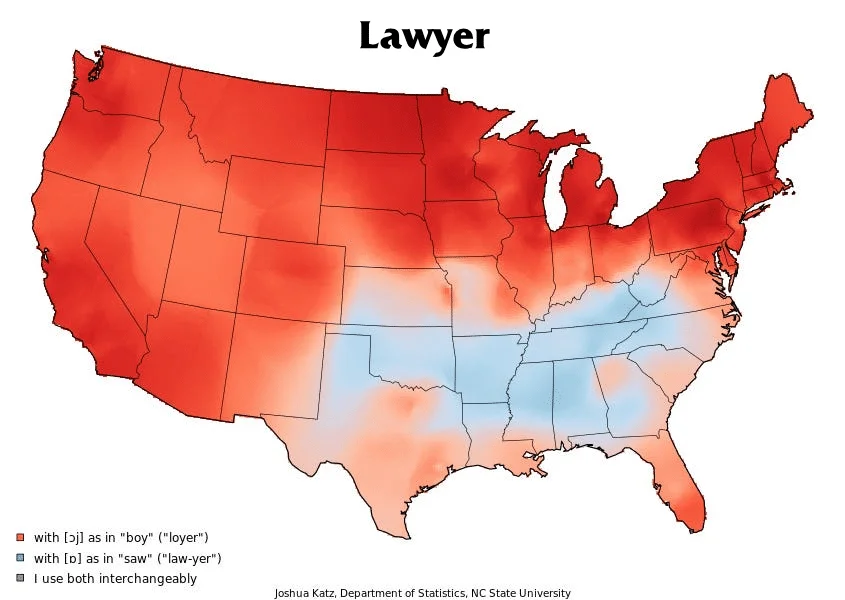
The South is the only place where you’ll try to call your “law-yer” instead of your “loyer.” This regional pronunciation is a noted characteristic of American English.
12.
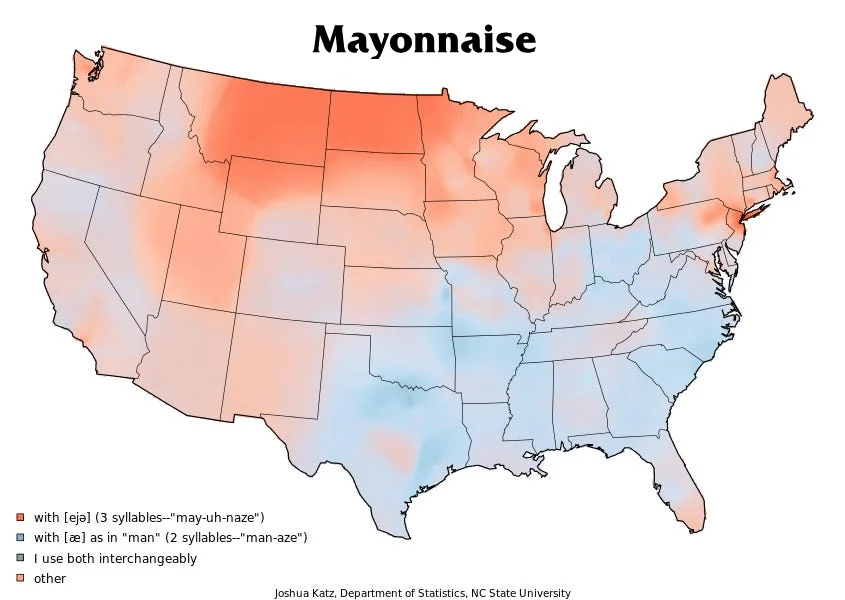
The U.S is a nation divided over mayonnaise.
13.
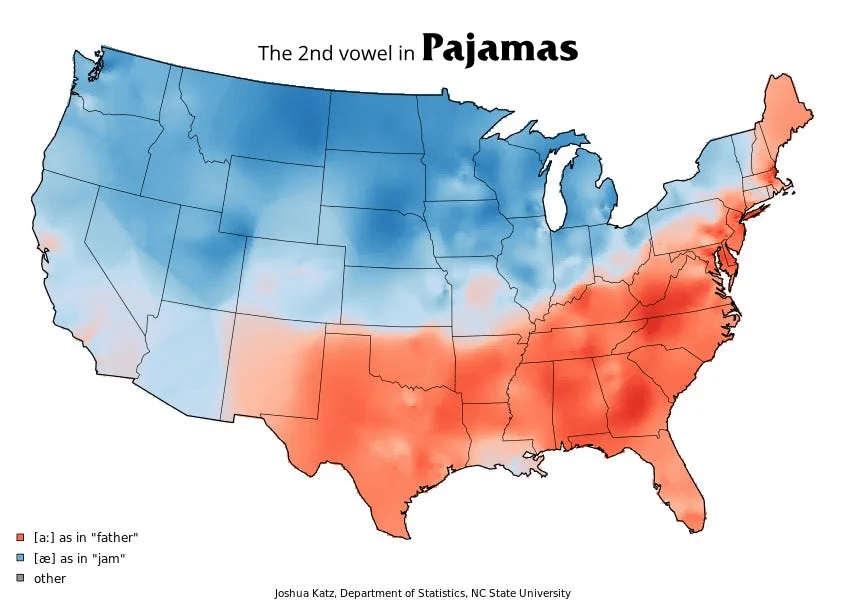
Some of the deepest schisms in America are over the pronunciation of the second syllable of “pajamas.”
14.
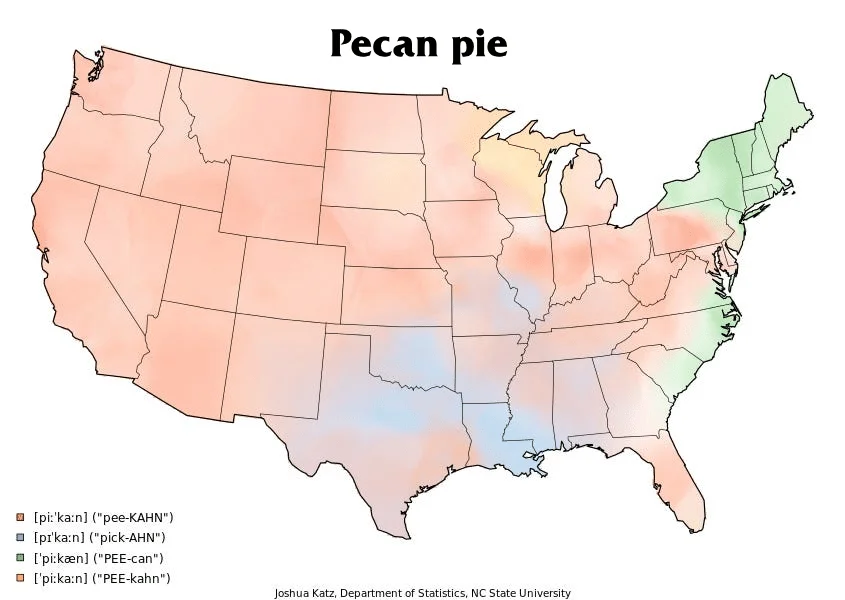
15.

Everyone knows that the Midwest calls it “pop,” the Northeast and West Coast call it “soda,” while the South is really into brand loyalty.
16.
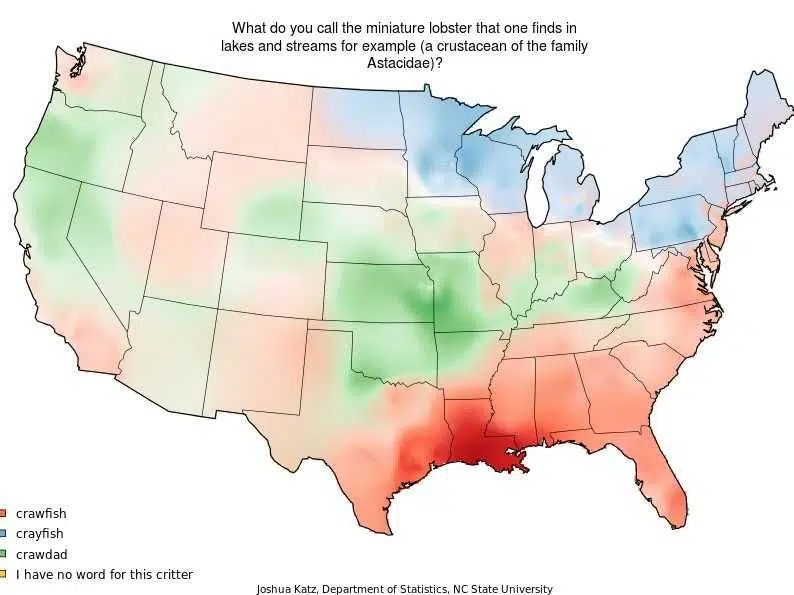
17.
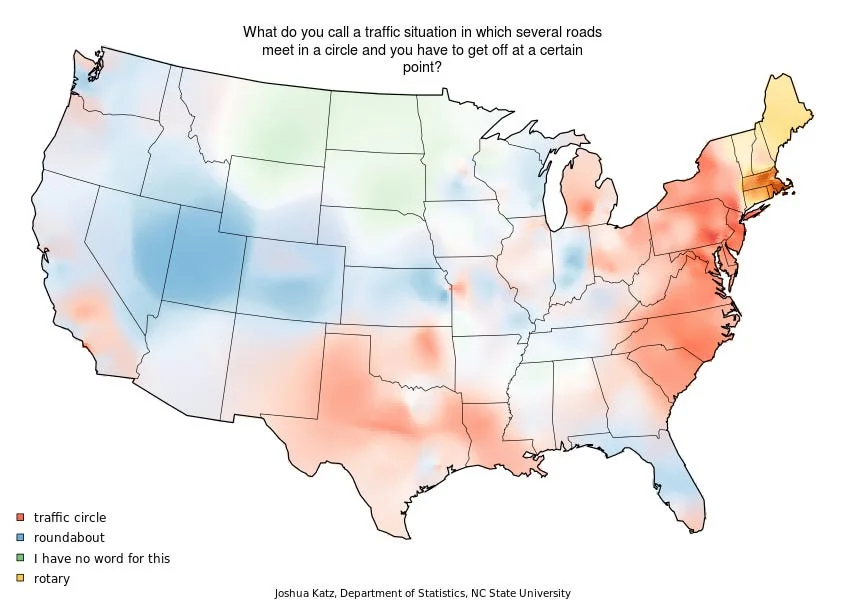
18.

19.
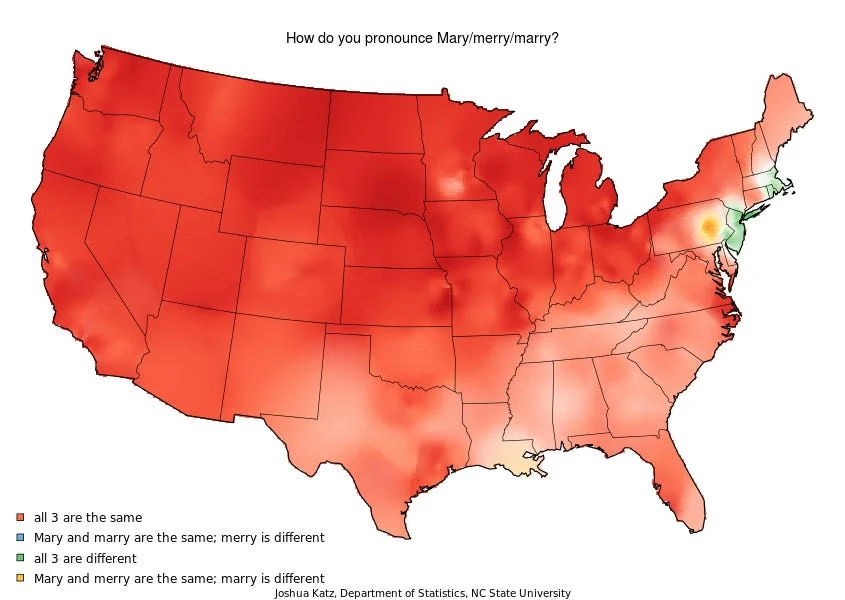
20.
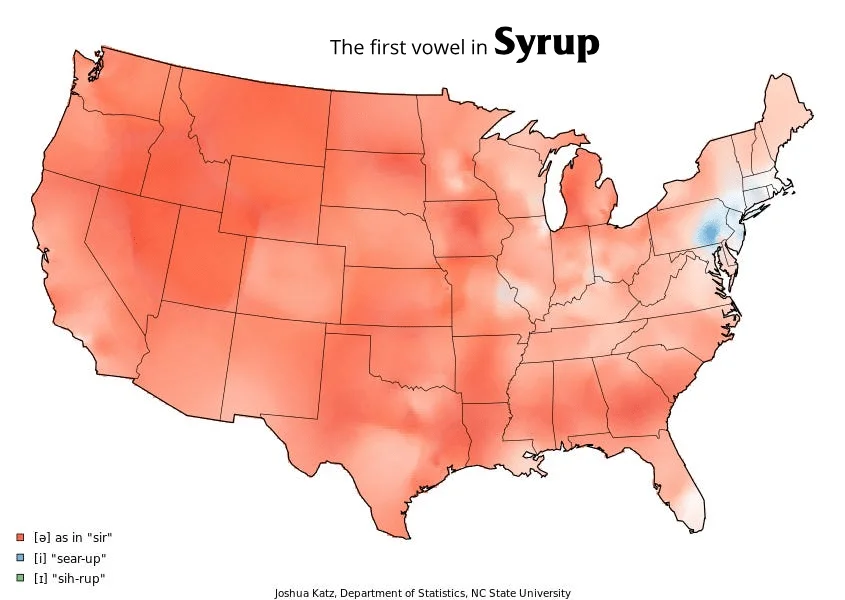
These examples are just the tip of the iceberg when it comes to how Americans speak differently from one another in American English. You will hardly ever find a consensus on how to say a certain thing. And you know what? That’s beautifully natural and that’s the way it should be. These differences in speaking capture the beautiful ways in which the American society, or any other society for that matter, is diverse.


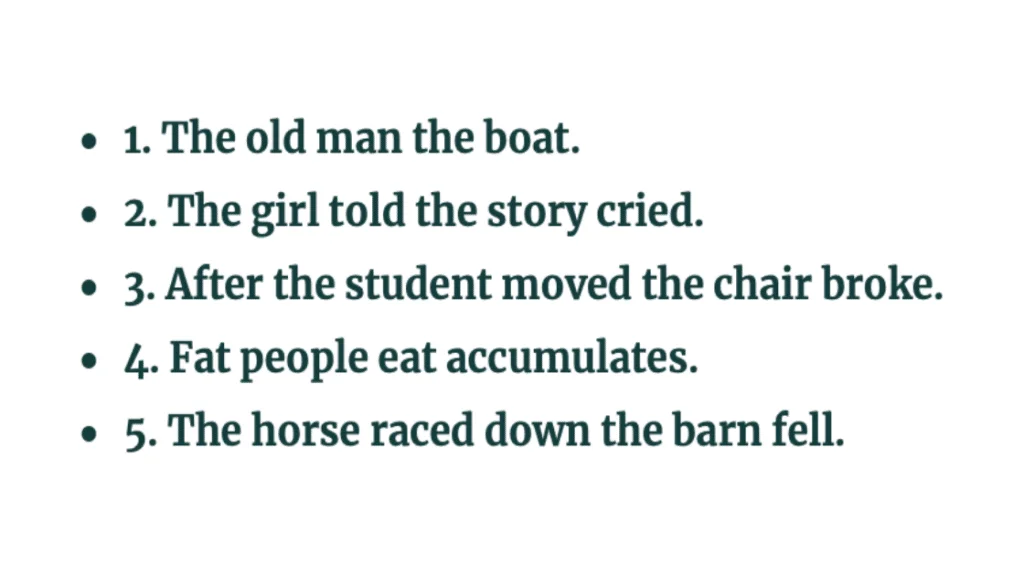



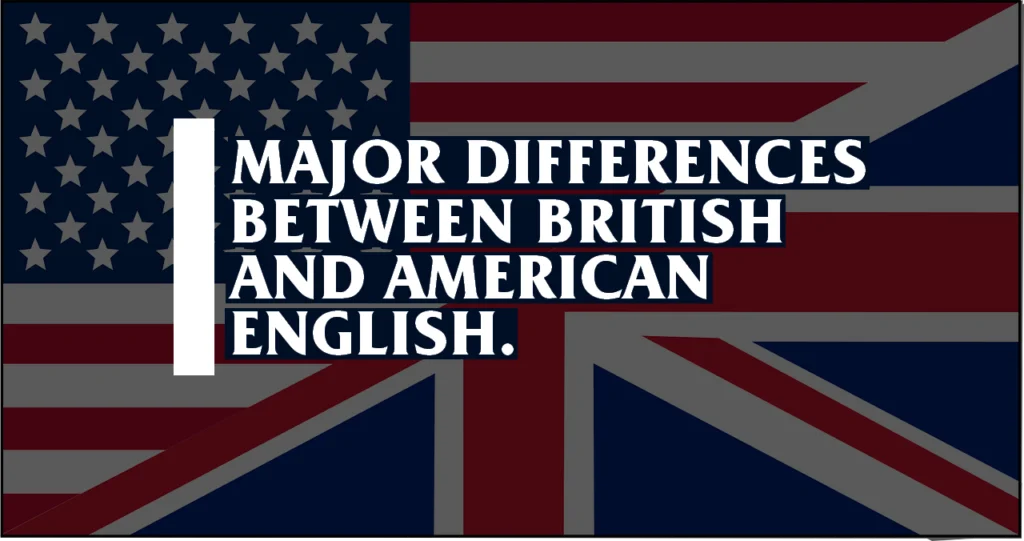

What about the use of ‘tonic’ in New England to denote a non-alcoholic carbonated beverage?
We use “freeway” in Michigan to point out that there are no toll gates. Other states have turnpikes where you pay to get on (Ohio), get off, (New York, Massachusetts) or get along (Illinois). The only place entirely inside Michigan where you pay a toll is on the Mackinaw Bridge.
Interestingly enough, in the UK everyone calls the traffic circle a “roundabout”, but the UK satnav calls it a “rotary”, we always wondered why.
In Florida we do not say freeway, but expressway. And about roundabout also some people say rotunda.
Pingback: MOOC Blog Final Project 2024-2025 – Ariane Cortes MOOC 2024-2025